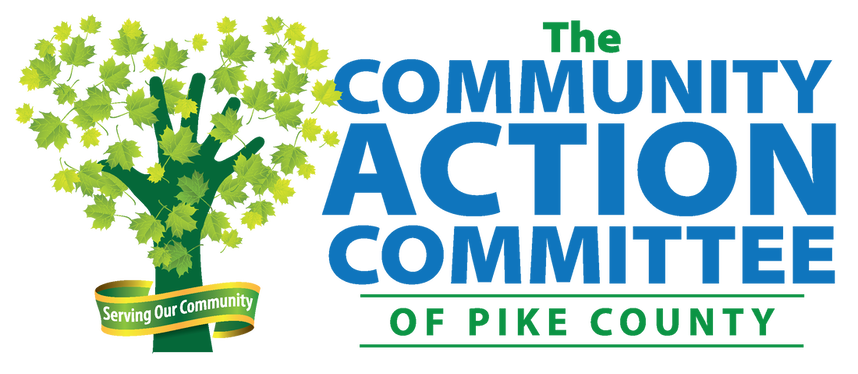Our Strategic Plan points us in the direction we need to go as we carry out our mission and live out our values within the communities we serve.
CAC First Fridays
Monthly Strategy Updates from our President and CEO
December 5, 2025
Keith Pitts, President and CEO
“It’s a funny thing about life, once you begin to take note of the things you are grateful for, you begin to lose sight of the things that you lack.”
~Germany Kent
“Perfect happiness is a beautiful sunset, the giggle of a grandchild, the first snowfall. It’s the little things that make happy moments, not the grand events.”
~Sharon Draper
“Enjoy the little things in life because one day you’ll look back and realize they were the big things.”
~Kurt Vonnegut
Happy December First Friday to all!
I want to take a moment here in the last month of a pretty tumultuous 2025 to pause and reflect on the positive. In light of current national and global challenges and the troubles that we see around the world and even in our own communities, I want to take a moment to emphasize the profound importance of positivity and kindness in our daily interactions.
Our work here, at Community Action, places us directly in the path of people facing tough circumstances. The world outside can feel heavy, but within our walls, and in every interaction that we have, we have the power to create a positive ripple effect. A simple act of kindness can have an incredible power to transform. A smile, a kind voice, and compassionate attention to a client or coworker can make all the difference.
Let us commit to:
Lead with Empathy – A kind word or understanding ear can make a significant difference to those we serve and to our colleagues
Support Each Other – Building a positive work environment means lifting each other up. Offer help when a colleague is struggling and celebrate our collective successes.
Focus on Our Mission – Remember the vital impact of our work. By focusing on the good we are doing, we can maintain an optimistic and resilient outlook.
By choosing kindness and focusing on the positive impact of our collective efforts, we not only improve the lives of our community members but also strengthen our own work environment and personal well-being.
I would like to leave you with one other thing. The message that came out recently from Haylie about connecting with yourself, your surroundings, and the little moments that bring calm into your day really hit home with me. We here at CAC are problem solvers. We are really good at it, and that is why we give such great service to our clients and patients. The problem with that is that when you are in problem-solving mode, you tend to move from one issue to the next and tend to ignore the things that aren’t problems. They seem like distractions that slow you down… But they are really so much more than that…
I was walking down the hall to my office this morning - past the Head Start classrooms, when I saw a mom with two children at the end of the hall. The kids were playing in the hall in front of my office door. Their being there made me slow down and really pay attention. They were having so much fun, and their mom had such happiness in her eyes when she was talking with them. It was a small moment in my day, but it brought me joy to see them. But I only saw it because I took the time to connect.
Solving the problems is why we are here, but we need to take time to appreciate the fruits of our efforts, and not just the efforts themselves. The kids that get to play and learn in our classrooms, the joy of helping someone not be homeless in the cold, feeding the hungry, healing the sick, helping a family be warm in the winter, helping someone get a job. Celebrate your wins.
What we do matters, and I am overwhelmed by your efforts and your outcomes. Have a safe and happy holiday season!
Until next time…



